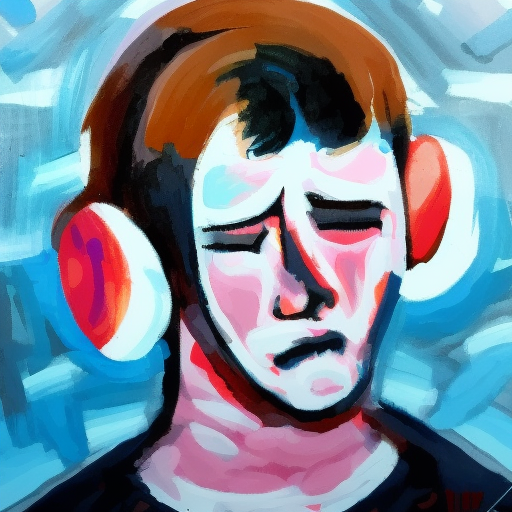Introduction
Have you ever experienced that feeling when you're in a crowded place and suddenly everything becomes overwhelming? Your senses are overloaded with sounds, sights, smells, and textures, and you feel like you're about to shut down? That's called sensory overload, and it's a common experience for many people. If you're someone who is sensitive to sensory input, you know how challenging it can be to deal with sensory overload. However, with some tips and tricks, you can learn how to manage it. In this article, we'll give you some useful information on how to deal with sensory overload effectively.
1. Identify Your Triggers
The first step in dealing with sensory overload is identifying your triggers. What specific sounds, sights, smells, or textures are overwhelming to you? Once you know your triggers, you can start to avoid or minimize them. For example, if you're sensitive to bright lights, you can wear sunglasses or ask your employer to install dimmer switches in your workplace.
2. Create a Sensory Diet
Just like a healthy diet nourishes your body, a sensory diet nourishes your sensory system. A sensory diet includes activities that stimulate or calm your senses, depending on your needs. Some examples of sensory diet activities include mindfulness meditation, deep breathing exercises, aromatherapy, and listening to soothing music. Creating a sensory diet can help you regulate your sensory input and prevent sensory overload.
3. Use Earplugs or Noise-Cancelling Headphones
When you're in a noisy environment, using earplugs or noise-cancelling headphones can be an excellent way to reduce sensory input. Earplugs can block out loud noises, while noise-cancelling headphones can reduce overall noise levels. They can be particularly useful if you're sensitive to repetitive or high-pitched noises, like the sound of a blender or a baby crying. Curvd Everyday Earplugs were created to help with sensory overload.
4. Take Breaks and Practice Self-Care
Dealing with sensory overload can be exhausting, both mentally and physically. That's why it's essential to take breaks and practice self-care. Give yourself time to recover after a stressful event or a busy day. Take a bath, read a book, or go for a walk in nature. You can also seek professional help from a therapist who specializes in sensory processing issues.
5. Educate Others
Finally, it's essential to educate others about sensory overload. Many people don't understand the experience of sensory overload and may see it as a weakness or a quirk. By sharing your experiences and educating others about sensory processing issues, you can help reduce the stigma and increase understanding.
Conclusion:
Sensory overload can be a difficult experience, but there are many ways to deal with it effectively. By identifying your triggers, creating a sensory diet, using earplugs or noise-cancelling headphones, taking breaks and practicing self-care, and educating others, you can manage sensory overload and live a more comfortable and enjoyable life. Don't let sensory overload hold you back – use these tips and tricks to take control of your sensory experience.



